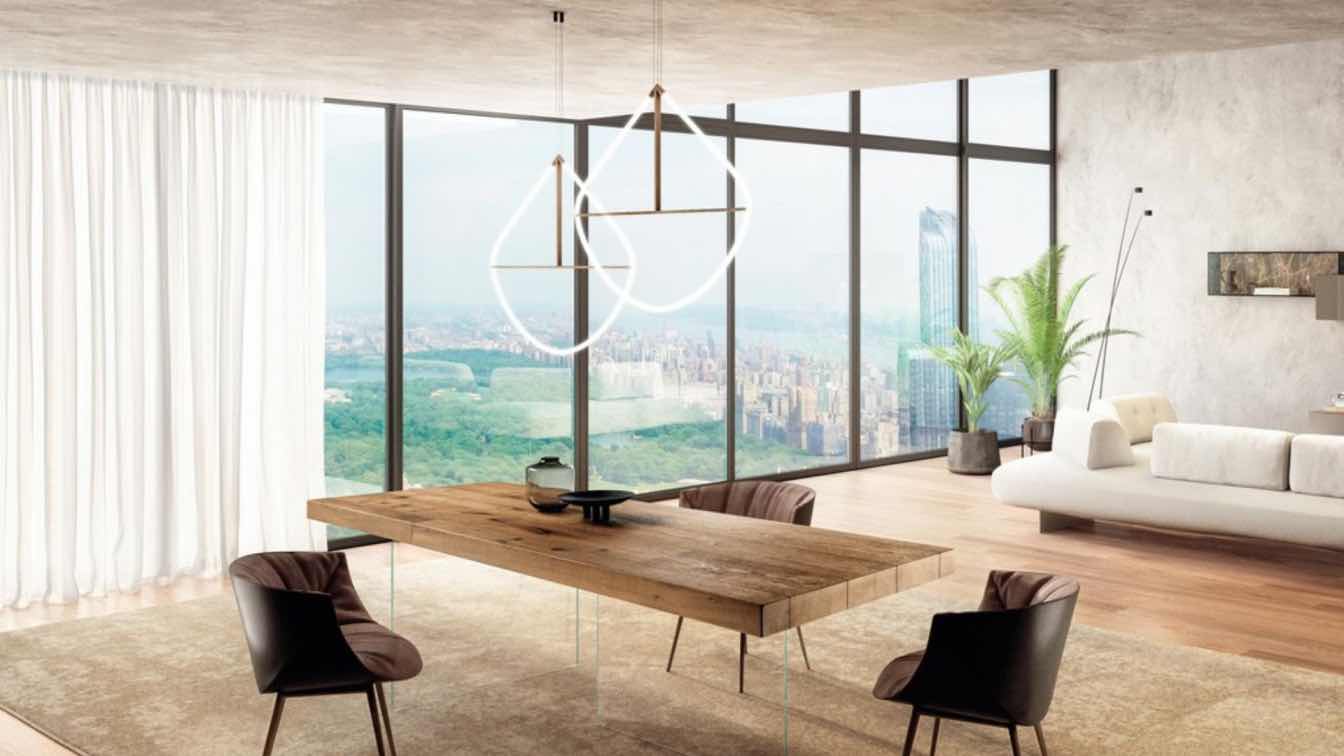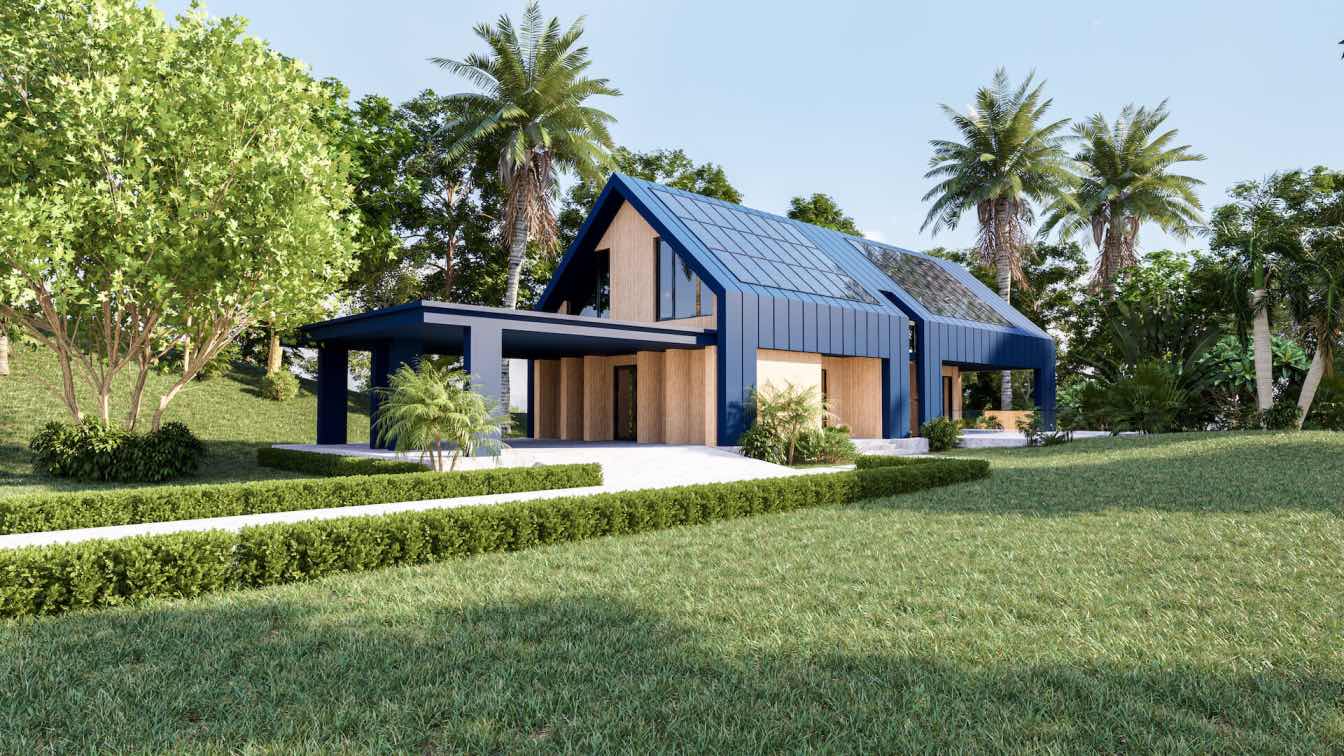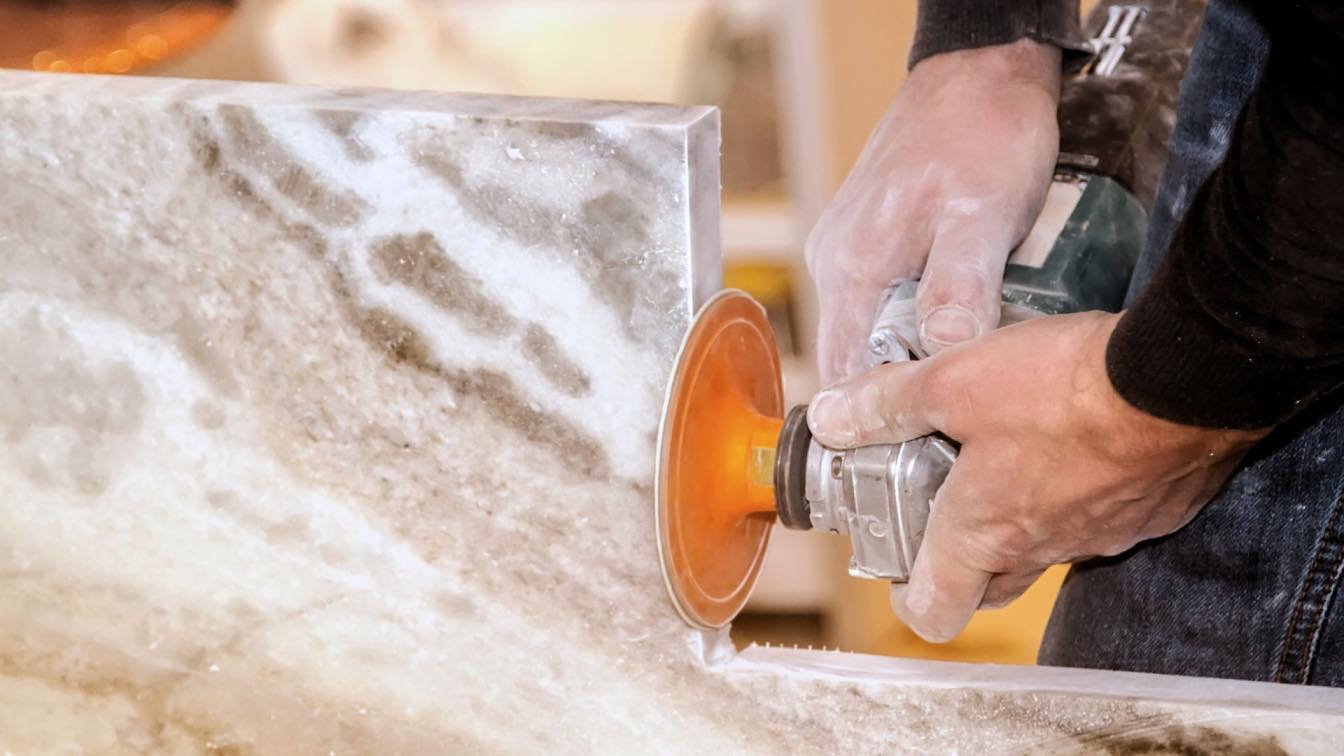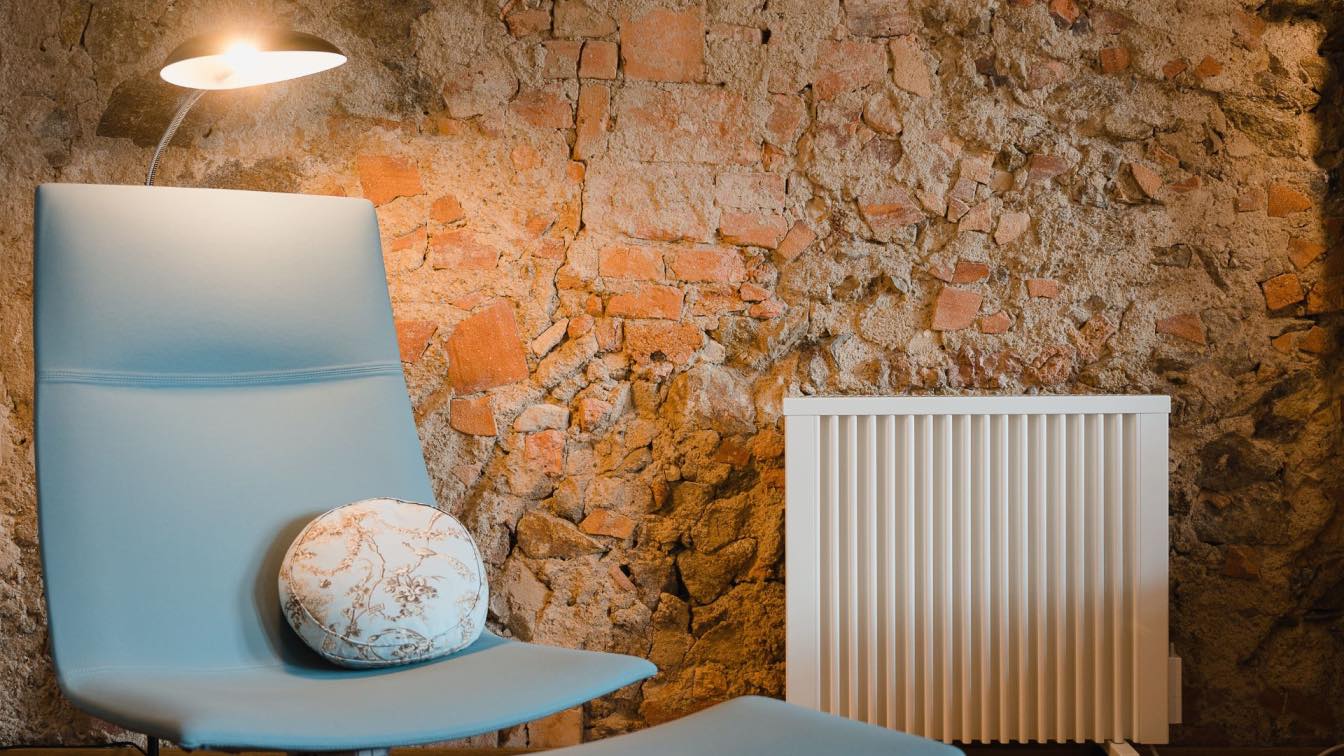Italian-made furniture is celebrated worldwide for its perfect blend of quality, design, and artistry. Each piece tells a story of skilled craftsmanship, passed down through generations, where attention to detail and a dedication to excellence are essential.
From the rich texture of fine leather to the enduring beauty of natural stone, Italian interiors combine elegance with functionality in a way that transforms any space.
Far beyond trends, the value of Italian furnishings lies in their timeless nature. They are built to last, using the finest materials that ensure durability and age beautifully over time.
Whether it’s a modern living room or a more classic setting, made in Italy furniture offers versatility without compromising on style. Every piece reflects a heritage of sophistication and an understanding of what makes a home truly special.
Tradition and innovation in perfect harmony
What sets Italian-made furniture apart is not just the attention to detail, but also the respect for tradition combined with an openness to innovation. Each piece is meticulously crafted by artisans who are masters of their trade, often working with family-run businesses that have honed their skills for decades.
The result is modern Italian furniture that elevates the entire atmosphere of a space. Italian craftsmanship is rooted in a deep connection to materials -whether it’s the luxurious feel of hand-stitched leather or the seamless precision of woodwork. Each element is carefully selected to ensure that both form and function are achieved to perfection.
Versatility across interior styles
The hallmark of Italian design is its ability to merge elegance with practicality. Far from being purely ornamental, Italian furniture is designed for everyday use, built to withstand the rigors of daily life while maintaining its refined appearance.
This combination of beauty and durability is particularly valued in modern homes, where the demand for quality, longevity, and aesthetics is high. From dining tables to bespoke shelving units, these pieces are a reflection of the owner’s taste and an investment in quality living.
Additionally, Italian furniture’s timeless appeal allows it to blend seamlessly into various interior styles, from minimalist modern to more traditional, ornate settings. Whether placed in a contemporary urban apartment or a rustic countryside villa, these pieces have a unique ability to complement their surroundings, adding an air of sophistication that is both subtle and striking.
The quality of materials
The defining feature of modern Italian furniture lies in the excellent quality of its materials, carefully chosen to combine aesthetics with longevity.
Italian artisans have long mastered the use of premium resources, whether it’s the rich texture of hand-selected woods, the timeless elegance of marble, or the refined touch of supple leather.
Fine woods such as walnut, oak, and ash provide a foundation of strength and elegance, with each piece meticulously finished to reveal the natural grain and texture of the wood.
Marble, prized for its natural beauty and durability, is sourced from Italy’s most esteemed quarries, bringing a sense of grandeur and refinement to tables, countertops, and accents. Italian leather, famous for its softness and durability, elevates upholstery, ensuring that seating is as comfortable as it is visually striking.
What truly distinguishes modern Italian furniture is the expert craftsmanship that enhances these materials. Every element, from the precision joinery of wood to the seamless integration of marble surfaces, reflects an unwavering commitment to excellence.
LAGO: Italian modular furniture and sustainable design
Founded in 1976, LAGO has become an important name in Italian furniture design, offering sophisticated, modular solutions. Combining innovation with artisanal heritage, the company stands out for its commitment to Made in Italy craftsmanship and sustainability.
The origins of the brand can be traced to the late 19th century, when the Lago family began producing wooden furniture. This artisanal knowledge, passed down through generations, laid the foundation for the official establishment of the company in 1976. From the beginning, the business has focused on creating products that blend high-quality materials with timeless elegance, ensuring durability and refined aesthetics.
In 2006, the company took a significant leap by expanding its presence beyond Italy, under the guidance of Daniele Lago, representing the fourth generation of the family. Today, the brand operates in over 20 countries and collaborates with a carefully selected network of more than 400 stores worldwide.
With Daniele Lago at the helm, the brand has invested heavily in creating a dynamic digital ecosystem that enhances the customer experience. In 2023, the launch of a new website marked a major milestone, offering a more personalized and accessible browsing experience.
LAGO’S modular furniture offers both flexibility and personalization. This approach allows the pieces to integrate effortlessly into various settings, from residential interiors to commercial spaces, catering to diverse functional and aesthetic needs. Every item is crafted with clean, minimalist lines, ensuring that its design remains timeless and adaptable as trends evolve.
In addition, every step of the production process is designed with environmental responsibility in mind, from the careful selection of eco-friendly materials to reducing waste. The new website plays an important role in this commitment.
By reducing bandwidth consumption and operational costs by up to 70%, it also helps to decrease CO2 emissions by nearly 40%. These efforts underscore the company's dedication to integrating sustainability into every aspect of its business, from product development to customer interaction.
Finally, LAGO views design as a means for social transformation. This approach is reflected in every project, whether it is designing for residential spaces, commercial locations, or public environments. By placing culture and empathy at the core of its vision, the brand aims to foster a deeper connection between people and the spaces they occupy.





